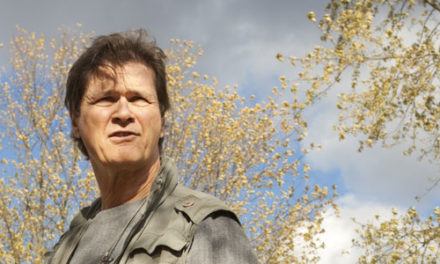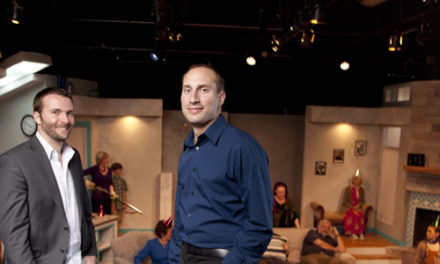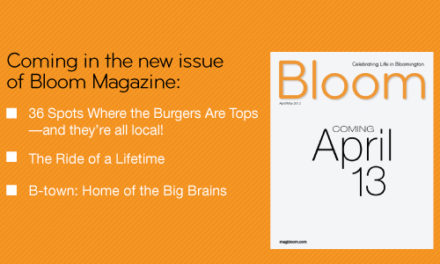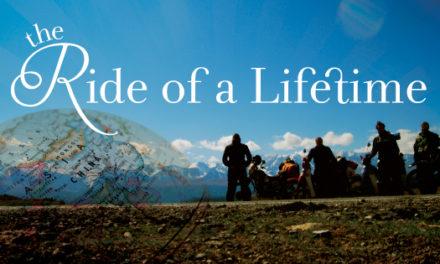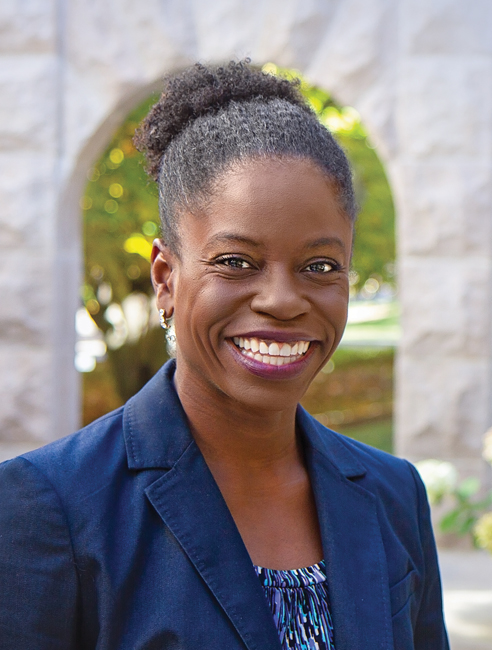
by CARMEN SIERING
As a master’s student at Indiana University, Priscilla Barnes researched public health disparities and the connection between faith communities and public health. Now, as an affiliate faculty member with IU’s Center for Rural Engagement, she’s doing something similar. She designed the “Healthy Rural Indiana 2025: Community Health Improvement Plans Project” to build partnerships that address public health needs in rural communities.
“I always tell folks I’m a pracademic,” Barnes says. “That role of being a bridge between different systems has always been there, first as a partitioner, now as a researcher.”
An associate professor in the IU School of Public Health-Bloomington, Barnes earned bachelor’s and master’s degrees from IU and a Ph.D. from Western Michigan University. She returned to IU in 2010 as a postdoctoral fellow, became an assistant professor in 2012, and received tenure in 2018.
Building community health partnerships speaks to Barnes’ background as a military kid. “We were always moving around, learning to make friends quickly, learning to make friends with people who were different from us,” she says. She uses that experience in her work with the Center for Rural Engagement: “You have to be open to sitting at the table with someone who is different from you, who may have a different perspective, and building a relationship.”
Barnes says that in many counties, multiple organizations may be addressing the same health issues— typically substance abuse and mental health. By coming together, communities can provide a collective response and work toward the same goal. Her work has shown her that communication is the key to building strong communities. Talking about race is part of that.
“I’ve always been the person people could come to and ask questions about things they don’t understand, maybe because I provide a nonjudgmental lens,” she says. “But Black people and Latinos, we can’t do it alone. It requires white people to figure out how to be better allies. I spent most of 2020 helping people figure that out.”
Those conversations about race circle back to her community health work. “There aren’t many Black professors out in rural communities,” Barnes says. “I hope when people see me, they can ask questions and, as we build our collaborative relationships, I hope they go back and have those tough conversations with their colleagues about racism. It shouldn’t always be me.”


